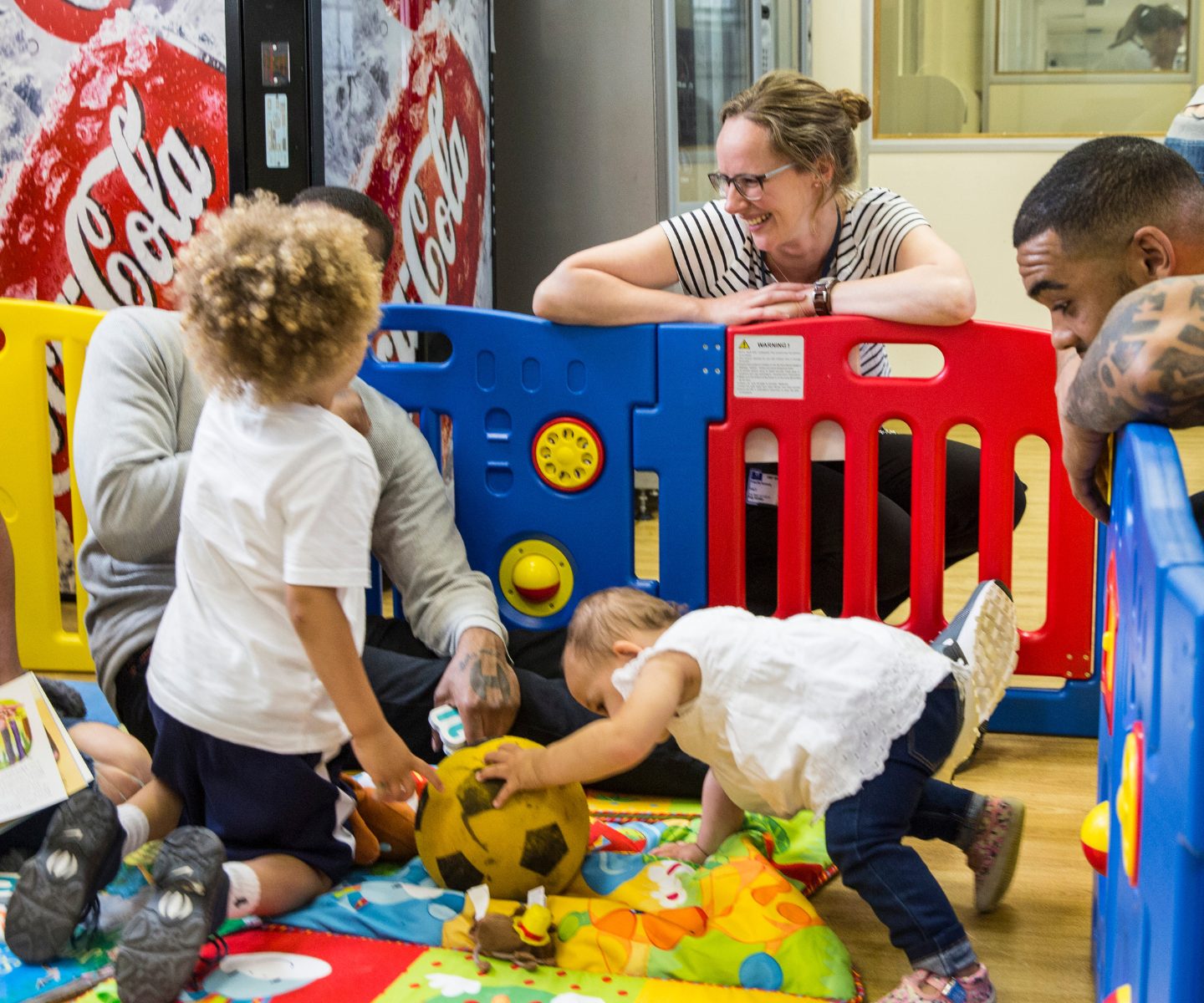
Resources
Around 200,000 children every year experience the imprisonment of a parent. It can be a hugely challenging time, and it can affect children in a variety of ways. Research shows that they may experience problems with their mental health or at school. However, with the right support, there is no reason that they cannot lead happy and fulfilling lives.
At Pact, we have long called for the government to do more to identify and support these children. We have warmly welcomed the Labour manifesto pledge to do just this, but we recognise that delivering it in practice is challenging. It must be done in a sensitive and proportionate way that has the wellbeing of children at its heart. It should also avoid inadvertently stigmatising them.
There is no statutory safety net for children with a parent in prison. We know from our work that this means a minority are at serious risk of harm, and there are cases of children endangered as a result. Our proposals intend to safeguard these children and are in line with the United Nations Convention on the Rights of the Child (UNCRC).
We believe that there are two workable solutions, and it may be feasible to combine them.
This approach could also include sending a leaflet or digital product to the child’s parent/carer, advising them of the referral and signposting them to advice, guidance, and support.
Teachers, social workers, health visitors, and others have varying levels of understanding of the criminal justice system and the experiences of children impacted by it.
Pact, along with several charitable and non-profit organisations, offers training, resources, and toolkits for professionals. Our digital ‘Schools’ Toolkit’ is currently used in more than 350 schools and 45 local authorities across England and Wales. We have also conducted face-to-face training, including prison visits, for 360 teachers and practitioners from over 250 schools.

